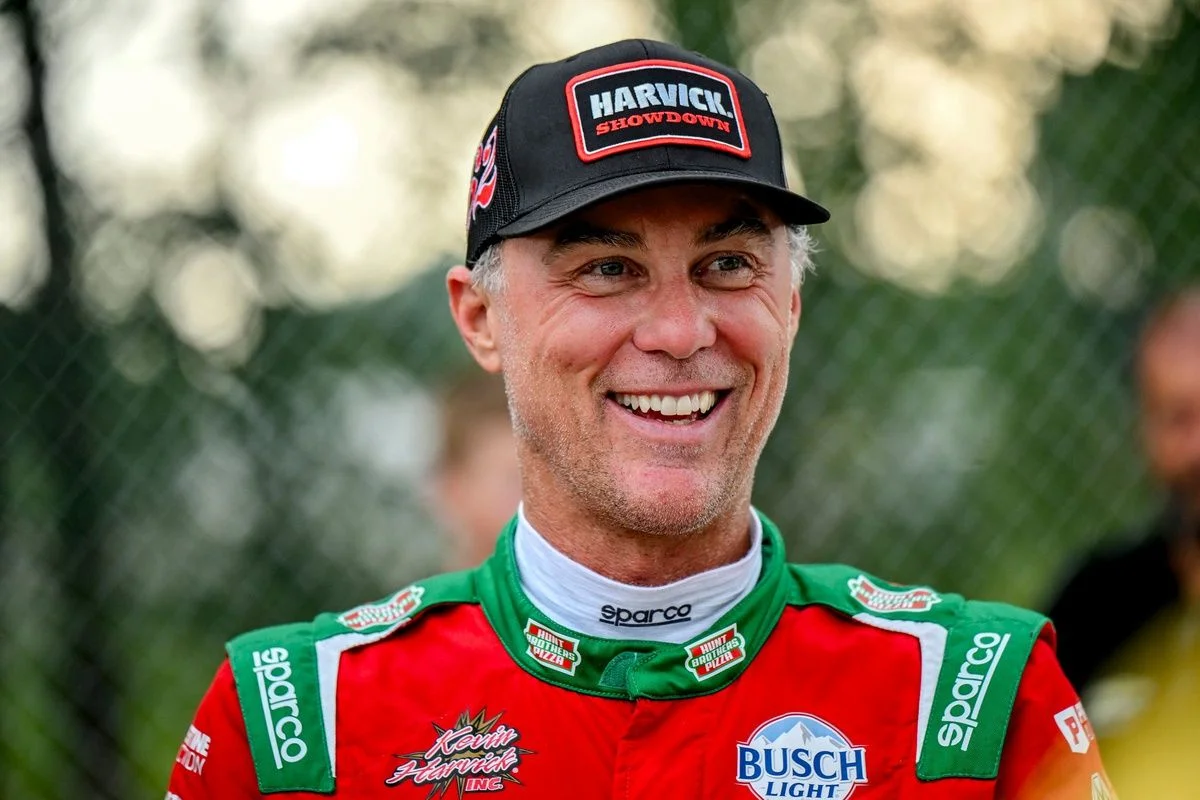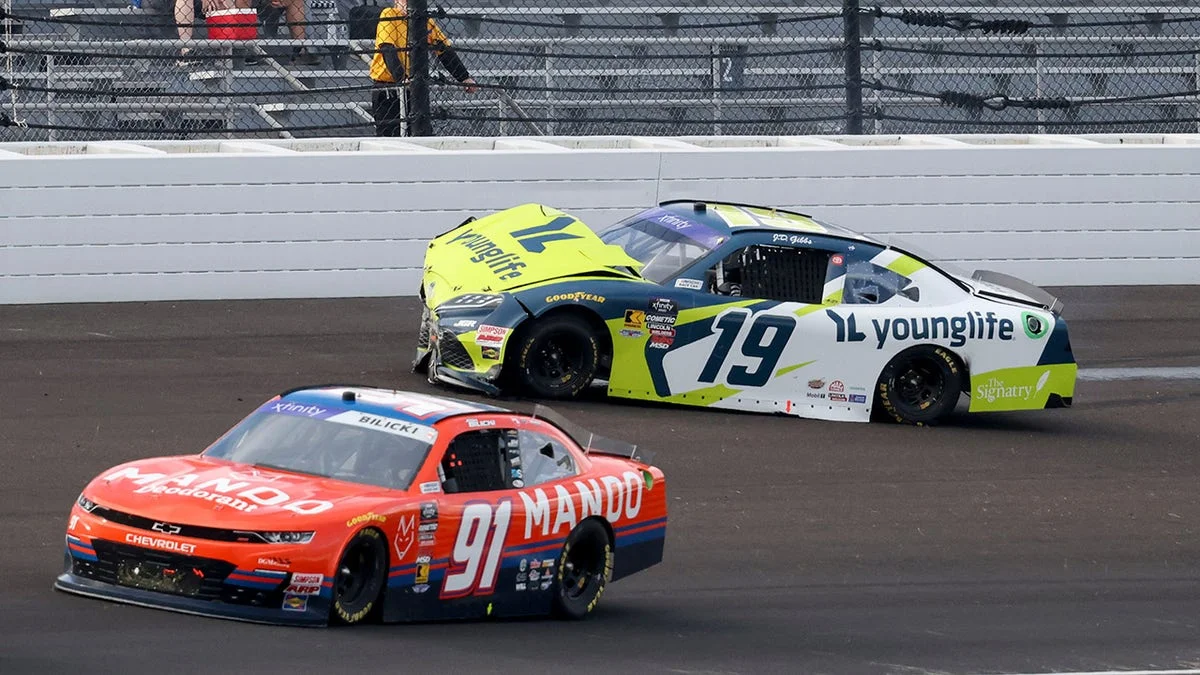Kevin Harvick has publicly voiced his opinion on the NASCAR Xfinity Series’ current venue, urging the series to return to Indianapolis Raceway Park (IRP) instead of continuing at Indianapolis Motor Speedway (IMS). Speaking on his Happy Hour podcast, Harvick argued that holding the Xfinity race at IMS dilutes the significance of the weekend and that a move back to IRP would better honor tradition. The debate over the Kevin Harvick Xfinity race IRP opinion highlights ongoing discussions about the future direction of major NASCAR events in Indianapolis.
Harvick’s Perspective on Venue Tradition and Race Impact
The NASCAR Xfinity Series has been hosted at Indianapolis Motor Speedway since 2012; prior to that, from 1982 to 2011, its annual race was run at nearby IRP. Harvick is passionate about the importance of tradition and prestige, asserting that the Xfinity event is out of place at IMS and should return to IRP, where the Truck Series currently races. On his podcast, Harvick criticized the move, emphasizing how multiple races at the famed oval, especially having the Xfinity cars there, lessens the entire race weekend for all involved.
“I wish they wouldn’t run the Xfinity cars there,”
—Kevin Harvick, NASCAR Cup Series champion
He elaborated on how prestigious tracks like Indy should remain reserved for top-level events, emphasizing that the aura is diminished when the Xfinity race is placed alongside Cup action at IMS. Harvick expressed support for the Xfinity Series rejoining the Truck Series at IRP, describing it as a return to a more genuine and energetic race atmosphere. He referenced the history of packed grandstands and the electric environment that once defined Xfinity weekends at IRP.

“… I don’t believe they should be there. They put on a great show anywhere most of the time, but I think IRP is a better place for them. … NASCAR needs to say, ‘You guys need to be back at IRP,’ because they’re going to get 15,000 fans. It was always a packed house, standing room only and I just believe the prestige of Indy belongs at the top level.”
—Kevin Harvick, NASCAR Cup Series champion
Strong Viewership and Notable Performances at IMS
Despite Harvick’s call for change, Saturday’s Xfinity race at IMS drew impressive television numbers. The race drew 1.108 million viewers, reaching a peak of 1.333 million between 7:15 and 7:30 p.m. Eastern Time, highlighting continued national interest. The on-track drama was high, as Connor Zilisch captured his third consecutive win, marking the 100th victory for JR Motorsports—a milestone accomplishment for the organization and its team members.
“It’s incredible to get the 100th victory for JR Motorsports,”
—Connor Zilisch, Xfinity Series driver
Zilisch spoke emotionally about his success with JR Motorsports and the significance of reaching this landmark victory with support from key figures, including Dale and Kelley Earnhardt and other team leaders. The celebratory atmosphere within the organization underscored the sense of accomplishment and the hard work invested this season by every member of the crew.
“I’m so proud of Mardy’s [crew chief Mardy Lindley] and all the guys on the WeatherTech team for all their hard work. Hopefully we can continue the momentum next week in Iowa. There’s still a lot that we want to accomplish this season.”
—Connor Zilisch, Xfinity Series driver
Looking Ahead: Tradition Versus Audience Growth
Harvick’s viewpoint has reignited discussions among fans and industry insiders about how race venues shape the public perception and prestige of NASCAR’s premier and secondary series. While the viewership numbers from IMS indicate ongoing engagement, Harvick’s insistence on the historical value and excitement of IRP echoes a broader sentiment among many seasoned fans.
This debate is likely to influence future scheduling decisions, as the series weighs the balance between drawing large TV audiences and maintaining the prestige and tradition of its marquee weekends. For now, voices such as Harvick’s ensure that the conversation around the best location for the NASCAR Xfinity Series remains highly relevant, ensuring stakeholders regularly assess what delivers the greatest impact for competitors and fans alike.
